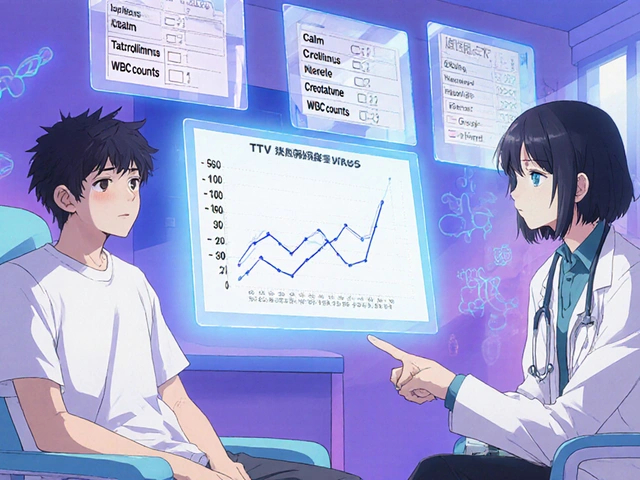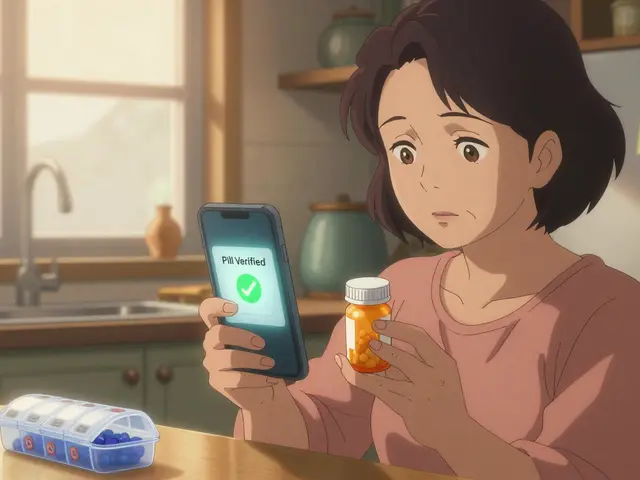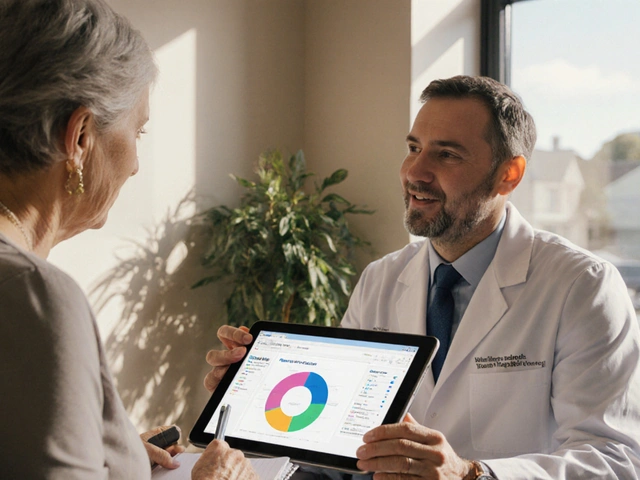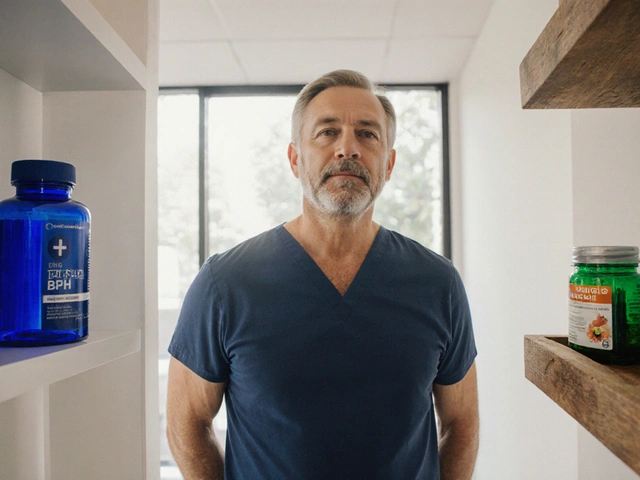Women's Health: Real‑World Tips You Can Use Today
Feeling confused about what’s normal for your body? You’re not alone. From a dip in libido to worries about ovarian cancer, many women face questions that aren’t answered in a quick Google search. This page pulls together the most useful info from our expert articles so you can get clear answers fast.
Common Concerns for Women
Low libido – It happens to anyone, but the reasons differ. Hormone swings, stress, and medication side‑effects can all play a part. Our evidence‑based guide breaks down simple steps you can try at home, like a 7‑day reset routine, and when it’s time to see a GP.
Ovarian cancer risk – You might have heard that infections like chlamydia could raise your risk. The latest UK guidance shows the link is real but still limited. If you’ve had chlamydia, ask your doctor for a pelvic exam and keep an eye on any unusual symptoms.
Hormonal acne – Those stubborn breakouts often flare up around your period. Benzoyl peroxide combined with a gentle retinoid can calm the skin without messing with hormones. Remember to moisturize; dry skin can make acne worse.
Hormone therapy – Whether you’re considering Premarin (conjugated estrogens) for menopause symptoms or need estrogen after a hysterectomy, buying it online is possible but risky if you don’t choose a reputable pharmacy. Look for UK‑registered sites, check for a valid prescription, and compare prices before you click ‘buy’.
Safe Ways to Manage and Treat
First, always talk to a healthcare professional. A quick appointment can rule out underlying conditions and help you pick the right treatment. For many of the topics above, there are over‑the‑counter options that work well when used correctly.
For low libido, start with lifestyle tweaks: get enough sleep, cut back on caffeine, and try a short “mindful intimacy” exercise with your partner. If those don’t help, a short trial of dapoxetine (a prescription pill for erectile dysfunction that some women use off‑label) might be worth discussing with your doctor.
If you’re buying medication online, follow these safety steps:
- Verify the pharmacy’s licence on the UK Medicines and Healthcare products Regulatory Agency (MHRA) website.
- Make sure the site asks for a valid prescription before letting you purchase.
- Check reviews for red flags like delayed shipping or missing batch numbers.
- Never share your credit card details on a site without HTTPS encryption.
When it comes to skin care, stick to proven ingredients. A daily routine of gentle cleanser, benzoyl peroxide spot treatment, and a light moisturizer can keep hormonal acne in check. Avoid heavy creams that block pores.
Finally, stay on top of regular health checks. Annual pap smears, breast exams, and blood work for hormone levels catch problems early. If you’ve had chlamydia, ask for a full STI screen and discuss any family‑history concerns about ovarian cancer.
Women’s health isn’t one‑size‑fits‑all, but the right information makes it easier to take control. Use these practical tips, talk openly with your doctor, and choose reputable sources when you shop online. You deserve clear answers and safe options for every stage of life.
Managing Endometriosis: Stress, Symptoms, and Real-World Tips
Explore the connection between endometriosis and stress, discover real-life management tips, and learn how to lessen daily pain through proven strategies.






